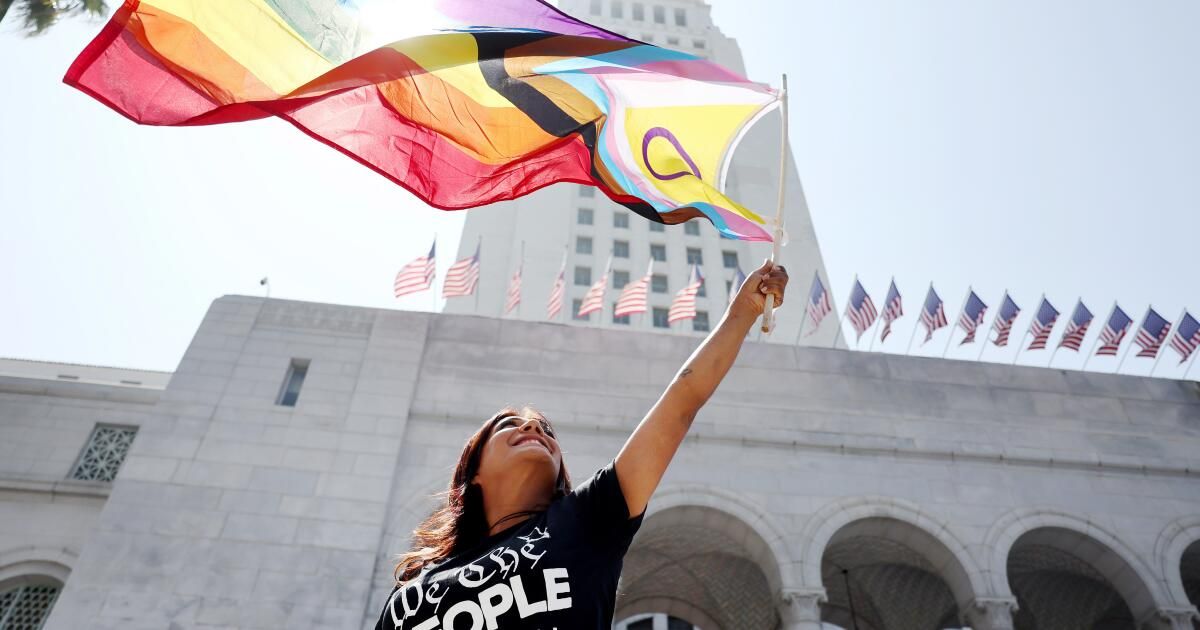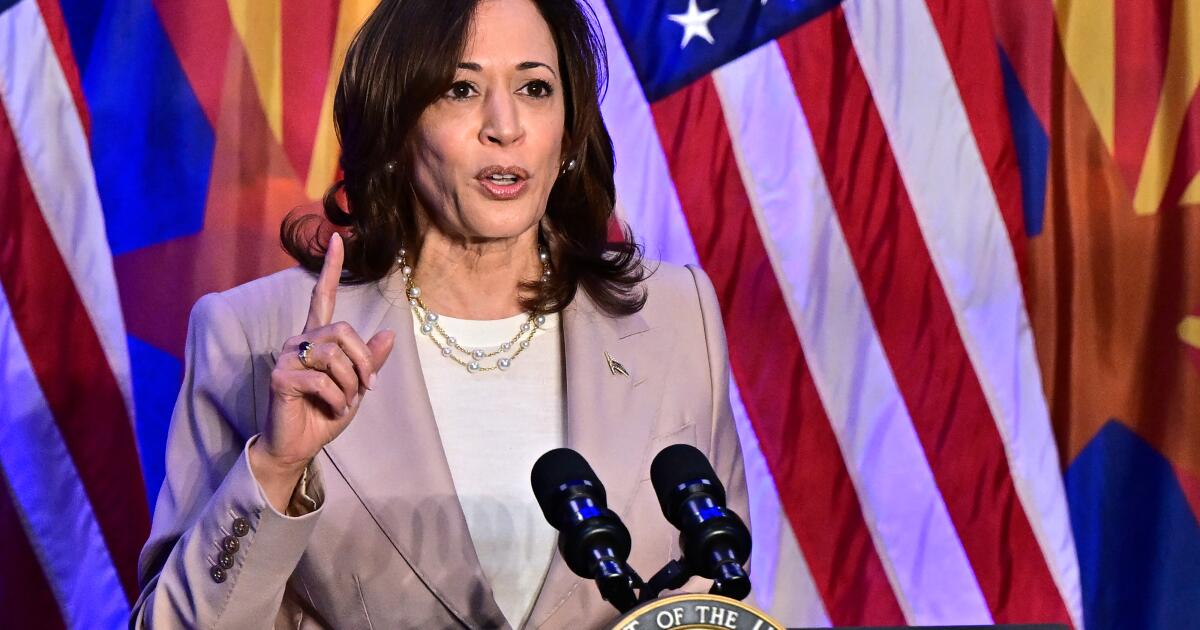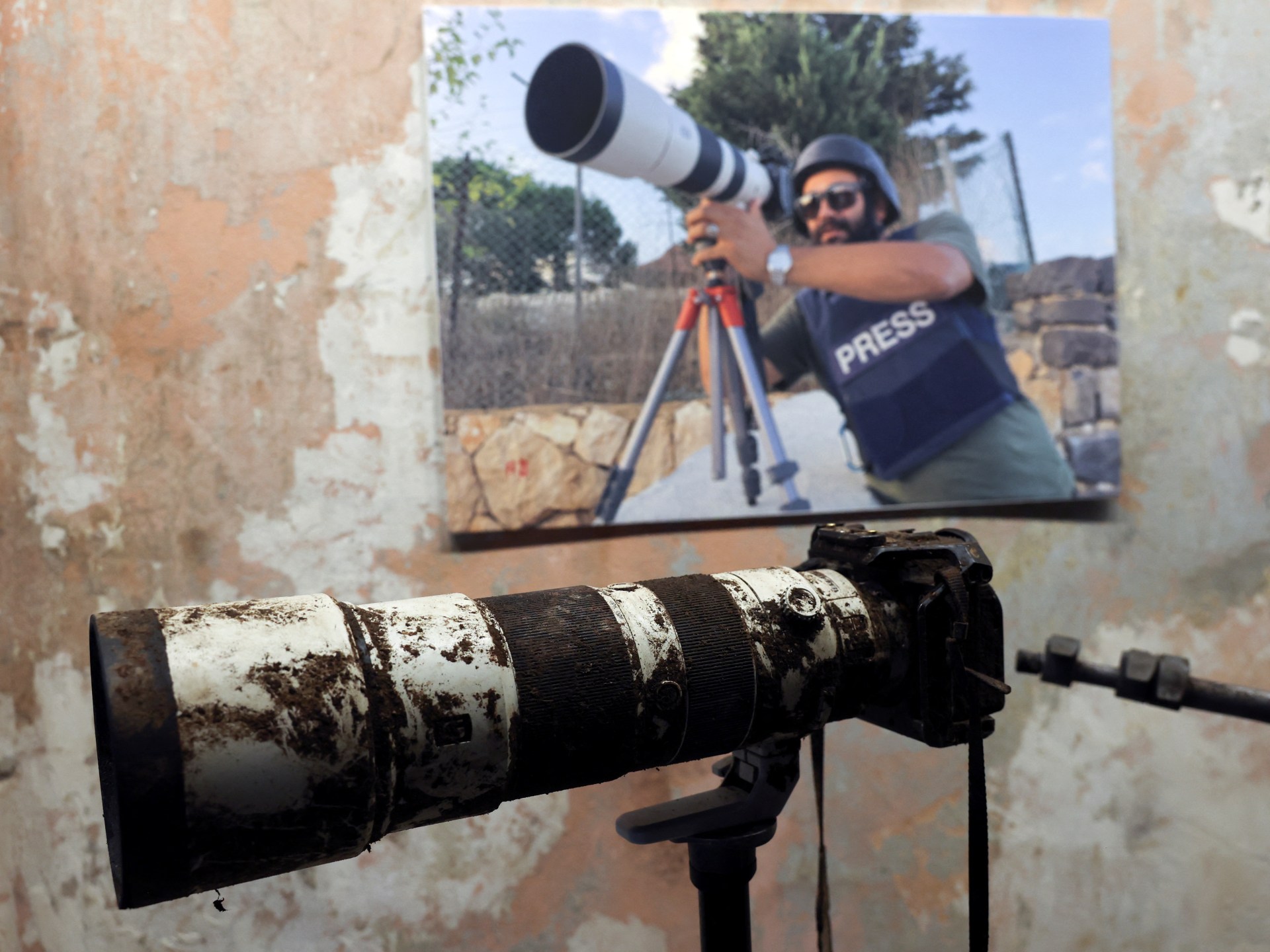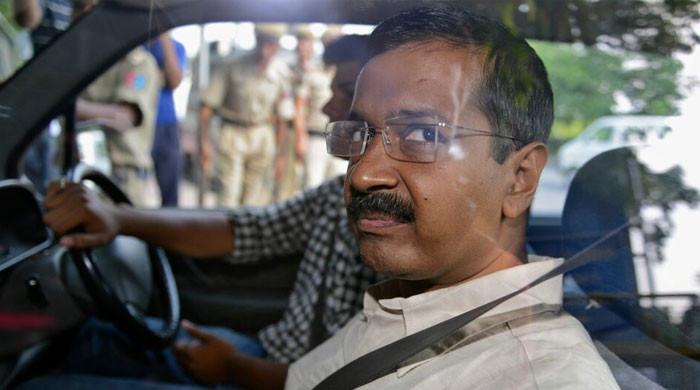As a state with the largest LGBTQ+ population, and one that has been shaped by the liberal policies of Los Angeles and San Francisco, California has long been at the forefront of progressive policies and popular support for the rights of transgender and cultural acceptance of LGBTQ+. people.
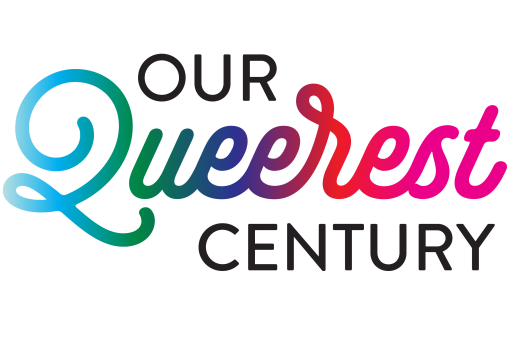
With queer lives and culture under threat, Our Queerest Century highlights the contributions of LGBTQ+ people since the 1924 founding of the country's first gay rights organization.
Reserve a copy of the print series.
But the rest of the country has largely caught up with Golden State residents in its support of LGBTQ+ Americans, according to a new poll conducted for The Times.
The survey, conducted by NORC at the University of Chicago and funded by the California Endowment, followed a groundbreaking nationwide poll The Times conducted nearly 40 years ago, at a time when the emergence of HIV and AIDS was leading to a massive discrimination against LGBTQ+. people.
At the time, more than 40% of Los Angeles and San Francisco residents said there was nothing wrong with lesbians and gays living as they wanted, but a large majority of Americans overall viewed homosexuality as morally wrong. Same-sex marriage was a radical idea that didn't even occur to pollsters. The notion of gender identity was far from mainstream.
The current panorama is very different.
The new survey, which asked 1,624 adults nationwide with separate samples of California residents and LGBTQ+ people, found that Californians tended to be a few points more favorable than the national population toward LGBTQ+ people and causes, but the gap was quite narrow.
Among the findings:
- An equal share of Californians and Americans overall (72%) said they knew someone who was lesbian or gay. Smaller shares, also statistically equal between California and the United States as a whole, said they knew someone who was bisexual or transgender.
- Similarly, statistically equal numbers of Californians, 72%, and Americans overall, 71%, approved of the legality of same-sex marriage.
- Californians were slightly more likely than the general population (70% vs. 64%) to say that sexual relations between adults of the same sex are “not a problem.”
- Californians were, to a small extent, more likely than Americans overall to believe that LGBTQ+ people were “born that way,” rather than believing that sexual and gender identities were “influenced by society” or a “choice.” of lifestyle.”
- Californians were as likely as adults in the rest of the country to say that finding out their child was transgender or nonbinary would make them “very upset.” About a quarter of adults in the United States and California said that.
“Over the past four decades, attitudes in the country as a whole have come pretty close to California's on a number of issues,” said NORC research director Dan Malato, comparing the 1985 survey results with the this year's survey.
Malato said the survey data did not identify reasons for the change, but suggested the fact that more people today openly identify as LGBTQ+ may play a role.
“More people say they know a gay or lesbian person now than in 1985, and we also see separately that there is a correlation between knowing an LGBTQ person more broadly and being more tolerant,” Malato said.
As more people have openly identified as LGBTQ+, the community has also gained more legal rights and protections, such as same-sex marriage, the ability to adopt children, and state and local anti-discrimination laws, all of which have increased its visibility. California, once ahead of much of the country on these issues, no longer stands out.
Still, in California and the rest of the country, older, Republican, and religious Americans (particularly Protestants) were less likely to support the civil rights of LGBTQ+ people and more likely to think their behavior was immoral.
Nik Catello, a 64-year-old Huntington Beach man who responded to the survey and agreed to a follow-up interview, said his “traditional biblical views” influenced his view of LGBTQ+ people.
“We live in a free country,” said Catello, a Republican who is an independent filmmaker. “Everyone can do what they want, but it cannot be said that being gay or transgender is morally correct.”
“If you want to live with someone of the same sex or try to change your gender, you can do so, but that doesn't mean the law has to bend to your will. “We can’t impose these ideas on everyone,” Catello said.
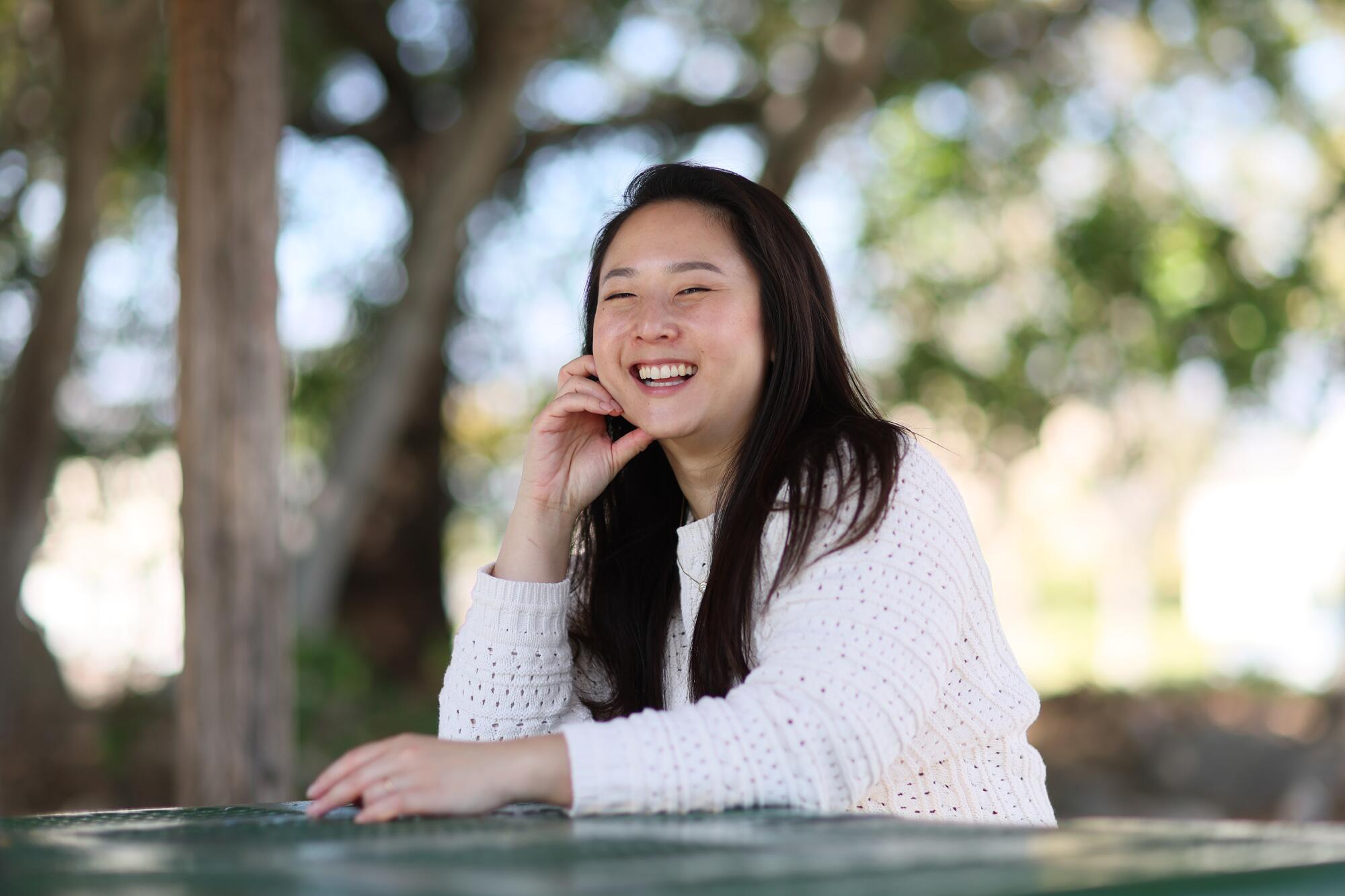
Christine Huynh, a participant in the Los Angeles Times survey, lives in San Gabriel.
(Robert Gauthier / Los Angeles Times)
Christine Huynh, 34, who also participated in the survey and lives in the San Gabriel Valley, had opposing views.
“We're becoming more accepting of LGBTQ+ people, even since I went to college, and that's a good thing, not a bad thing,” said Huynh, a Democrat who is an occupational therapist.
“I think any pushback you see from people is just that they are afraid of change,” Huynh said. “It's the same type of reaction that was seen in other fights for civil rights, for race and black rights or women's rights. “Now we look back in history and see that the resistance was out of fear.”
Overall, the survey found that younger generations were more likely to identify as LGBTQ+ and view such identities as worthy of legal protection and cultural support.
Michelle Chan, a 24-year-old respondent who lives in the San Francisco Bay Area and is queer, said the political debates that have engulfed the nation over LGBTQ+-themed books in schools and state laws on transgender minors They were disappointing.
“People are just trying to live, be themselves and learn from each other,” he said. “Why try to stop that?”
That perspective could also be seen in the survey results. A nearly equal share of Californians and Americans overall (more than 7 in 10) said elected officials were “primarily using debates about transgender and nonbinary people to distract from more pressing priorities.”
Compared to other similar surveys that have taken the pulse of Americans on LGBTQ+ issues, the Times poll found significant jumps over time in acceptance of lesbian and gay people and, to a lesser extent, bisexual and transgender.
In 2000, when the Public Policy Institute of California surveyed state residents about legalizing same-sex marriage, only 38% were in favor, while 55% were opposed.
In 2014, a year before the U.S. Supreme Court ruled in favor of the constitutional right to same-sex marriage, opinions in California had changed. A PPIC poll that year found that a majority of state residents (56%) supported legalization, while 36% were against it. Last year, the polling organization found that 75% of likely voters in California supported enshrining the right to same-sex marriage in the state Constitution, including 46% of Republicans.
Compare that to a Gallup poll in 2000, which found that only 34% of Americans supported legalizing same-sex marriage. That percentage gradually reached the level of support in California in 2014, when 55% of Americans told Gallup they supported same-sex marriage.
When Gallup asked the same question last May, support was at 71%.
NORC conducted this survey in January using its AmeriSpeak panel, a probability-based panel designed to reflect American households as a whole. The survey surveyed 1,624 adults, including 775 Californians and 313 LGBTQ+ people, and was weighted to match benchmarks of age, gender, census division, race and ethnicity, and education. It had an estimated margin of error of 3.8 percentage points for the full sample.

